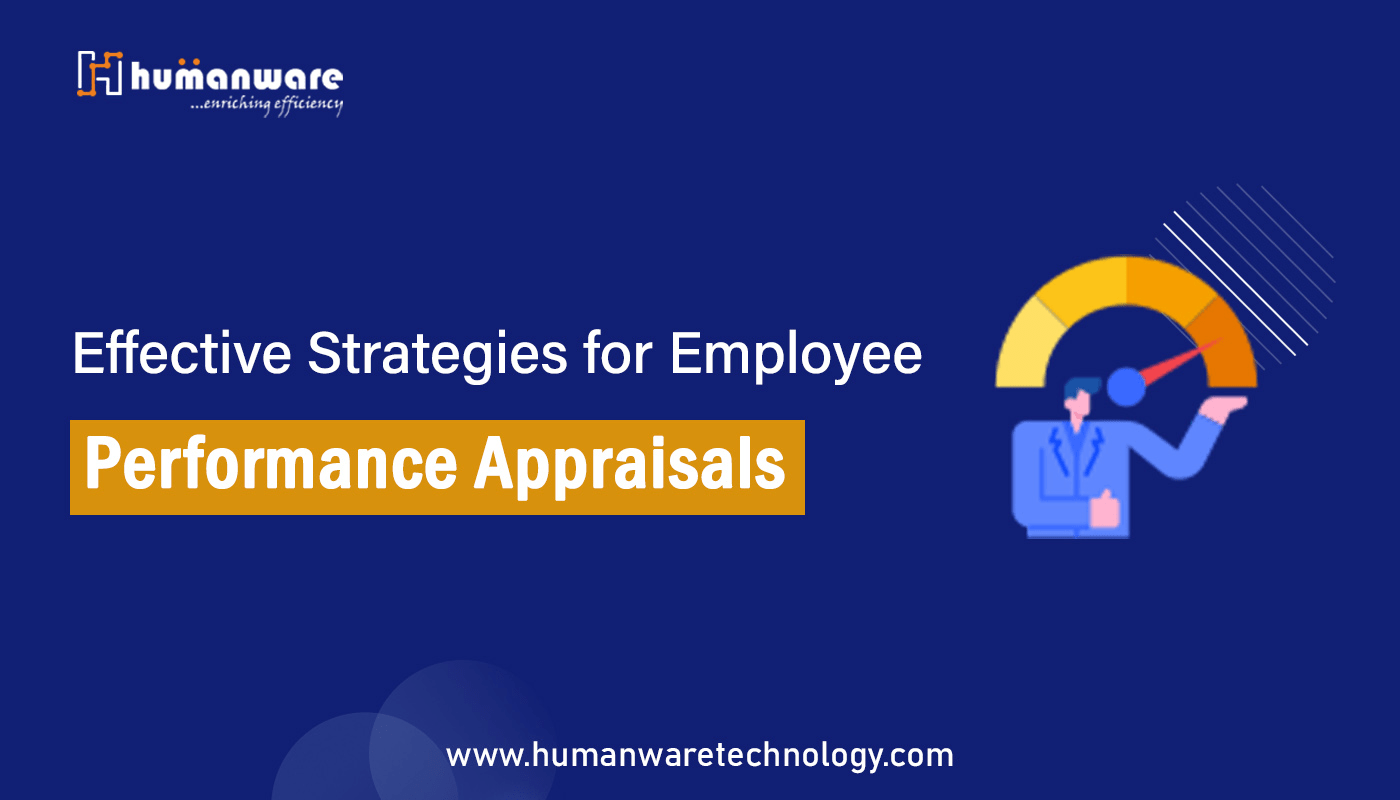
Effective Strategies for Employee Performance Appraisals
It's the time of year for which every employee is waiting for. It's the season of appraisals. However performance appraisals are an essential part of the employee-employer relationship. Making it crucial for the management to take the right decision and provide the best for every individual, considering their time and efforts given for the organization's success, appraisals should be perfect. Let's take a journey how we can building the best employer strategies for performance appraisal
What Is a Performance Appraisal?
The common definition of performance appraisal refers to the regular job review of an employee’s and overall contribution to a company, Also known as an annual review. performance review or employee appraisal, evaluates an employee’s skills, achievements, and growth, or lack and failures. Businesses use performance appraisals to determine which employees have contributed the most to the company’s growth, review progress, and reward high-achieving workers.
Check out these tips to get the most out of your performance appraisal system.
1. Set Expectations
A clear mind set of what we are doing and how to achieve the organization goal draws the bottom line of Performance Planning. It's important to make sure you establish performance goals and expectations before the formal appraisal process begins. This will ensure that everyone involved has a clear understanding of what needs to be achieved and how it can be accomplished. Setting objectives will help you have a meaningful conversation about progress and areas for improvement during the appraisal itself.
2. Keep an Open Dialogue Throughout the Year
As communication is key to success, having an open dialogue between employees and management during performance appraisals can bridge the gap between individuals and their managers and helps to drive amazing impacts of performance management. Also regular checks will ensure that everyone involved is up-to-date with their goals, performance, and areas of improvement. These discussions should be focused on problem-solving and developing strategies for success, rather than just pointing out shortcomings. If there are serious issues with an employee’s performance, it’s important to provide feedback at the time so that the issue can be addressed as soon as possible. For employee individual career development and ads in achieving business goals.
3. Make Objectives Clear and Measurable
As a leader you are having the regular goal review with your team,but it's also important to set clear objectives with your employees and ensure that the criteria for evaluation is well defined. This will ensure that everyone understands the goals and expectations. Objectives should also be measurable so that progress can be properly tracked. Define what success looks like in terms of meeting the objective, as well as how the employee should go about achieving it. Regularly discussing decisions,calculating productivity, and mistakes with employees will ensure that everyone remains on track for success.
4. Create a Positive Environment for Feedback
Create a positive environment for feedback by emphasizing the importance of open and honest conversations between management and employees. Encourage employees to share their successes and failures, and focus on understanding the underlying issues rather than pointing out specific mistakes or criticizing them. This allows you to identify areas to improve upon, but also recognize successes that have been achieved. Good performance appraisals should be ongoing so problems can be addressed immediately and adjustments can be made in a timely manner. Employee surveys also help to understand the pulse of the employees and their needs.
5. Track Completion and Improvement of Goals
As part of the performance evaluation process, make sure to track an employee’s progress in achieving goals set forth. This is an important measure for understanding how well a goal was accomplished as well as how much improvement has been made over a certain period of time. Tracking completion and progress of goals can provide you with valuable insight into the overall performance of employees and identify areas that need additional support or guidance.
Conclusion
A transparent and effective performance appraisal process builds better employee-manager relationships. It makes an organization a great place to work ! To build a highly engaged work culture, there’s a need to develop a work culture for employee engagement where open communications, employee feedback, and individual development are valued. Achieving these goals is a difficult task but we are there to help you. Humanware technology provides value to your organization with our HRMS solution.